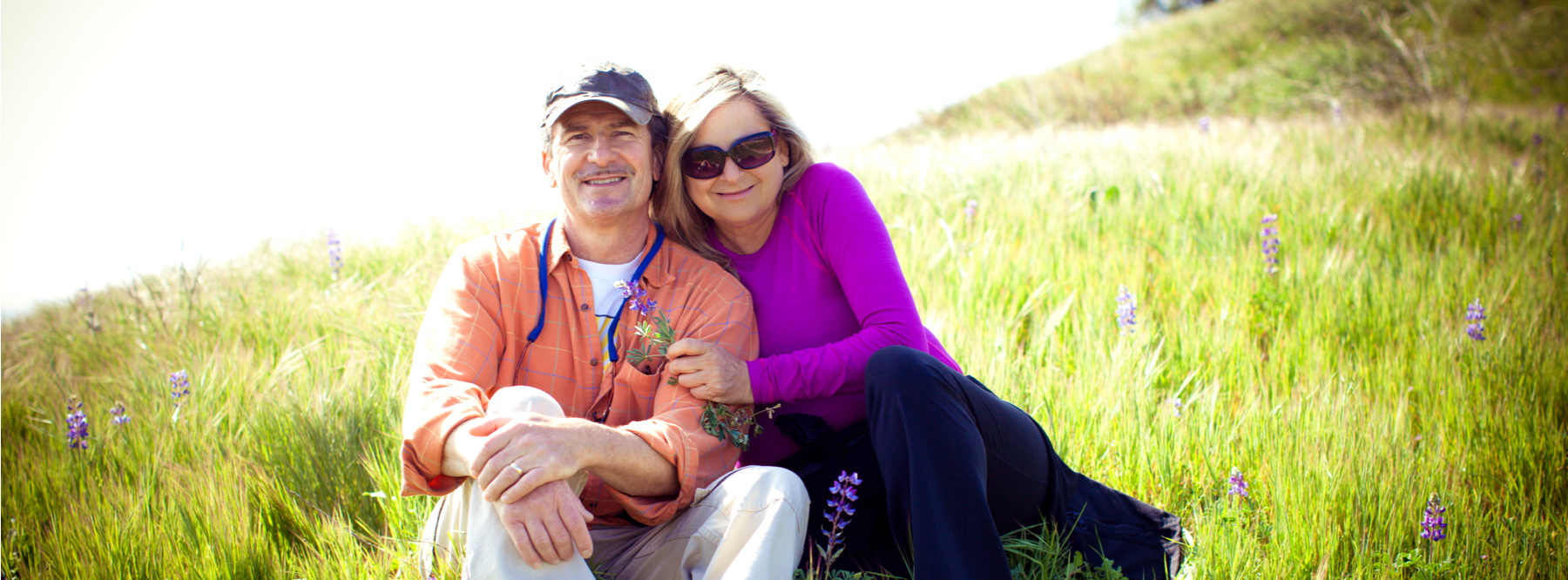
Dear valued patients,
NWMS is committed to the health and safety of our patients, staff and community. It is our top priority. As we continue to closely monitor the coronavirus (COVID-19) situation, we offer you reassurance that we are taking every precaution necessary to ensure your safety. We are following standard cleaning protocols and precautions as well as taking guidance from state and national entities around COVID-19.
-If you are on active treatment and are having symptoms, please call our office so that we can determine how to support your care and treatment needs.
-If you are having symptoms and have a scheduled appointment with us, please call our office prior to your appointment. Office phone number: 253-428-8700
-Please avoid bringing family or caregivers that have symptoms to the clinic. Out of precaution, any companion with symptoms will be asked to remain in the car.
What is COVID-19?
COVID-19 a respiratory disease caused by a new strain of coronavirus. The virus primarily spreads person-to-person through respiratory droplets by means of coughing or sneezing.
According to Department Of Health, the risk of exposure is increasing for people who live in communities in Washington state with reported spread of COVID-19, though the risk is still relatively low. As you may know, the first case of COVID-19 in the United States was identified in Washington state on January 21, 2020, and the first death from COVID-19 in the United States also occurred in Washington state this past week. The Centers for Disease Control and Prevention (CDC) and DOH are monitoring the situation very closely.
What are the symptoms of COVID-19?
According to the DOH, symptoms can appear 2-14 days after exposure to the virus. Most patients experience mild symptoms. Symptoms of COVID-19 include:
Fever
Cough
Runny nose
Headache
Sore throat
Shortness of breath
How can I prevent the spread of COVID-19?
There is currently no vaccine for COVID-19, and there is no specific antiviral treatment recommended for the virus—in most cases, people with COVID-19 will recover on their own. Nonetheless, the best way to prevent illness is to avoid being exposed to the virus. The CDC recommends everyday preventative actions to help prevent exposure:
-Avoid close contact with people who are sick
-Avoid touching your eyes, nose and mouth
-Stay home when you are sick
-Cover your cough or sneeze with a tissue, then throw the tissue in the trash
-Clean and disinfect frequently touched objects and surfaces using a regular household cleaning spray or wipe
-Wash your hands often with soap and water for at least 20 seconds, especially after going to the bathroom; before eating; and after blowing your nose, coughing or sneezing
-Avoid travel to countries with travel health notices related to COVID-19. Information about travel to specific countries can be found on the CDC’s website.
To help prevent the spread of the virus to others, the CDC recommends that face masks should only be used by certain individuals, including people experiencing symptoms of COVID-19 and health care workers. For more information, visit the CDC’s website.
What should I do if I’m experiencing symptoms?
Remember the guidance coming from the CDC and the DOH: If you’re sick with mild symptoms and don’t have an underlying chronic condition, stay home. If symptoms worsen or you have trouble breathing, call your healthcare provider. Your healthcare provider will work with the DOH and CDC to determine whether you need to be tested for COVID-19.
What should I do if I am in close contact to someone with COVID-19 but am not sick?
You should monitor your health for fever, cough and shortness of breath during the 14 days after the last day you were in close contact with the sick person with COVID-19. You should not go to work or school, and should avoid public places for 14 days.
What should I do if I am in close contact to someone with COVID-19 and get sick?
If you get sick with fever, cough or shortness of breath (even if your symptoms are very mild), you should stay at home and away from other people.
If you have any of the following conditions that may increase your risk for a serious infection —age 60 years or over, are pregnant, or have medical conditions—contact your physician’s office and tell them that you were exposed to someone with COVID-19. They may want to monitor your health more closely or test you for COVID-19.
If you do not have a high-risk condition but want medical advice, you can call your healthcare provider and tell them that you were exposed to someone with COVID-19. Your healthcare provider can help you decide if you need to be evaluated in person. There are currently no medications to treat COVID-19. If you have a medical emergency and need to call 911, notify the dispatch personnel that you may have been exposed to COVID-19.
If possible, put on a face mask before emergency medical services arrive or immediately after they arrive.
Sources:
CDC – https://www.cdc.gov/coronavirus/2019-ncov/index.html
Washington State Department Of Health – https://www.doh.wa.gov/emergencies/coronavirus

